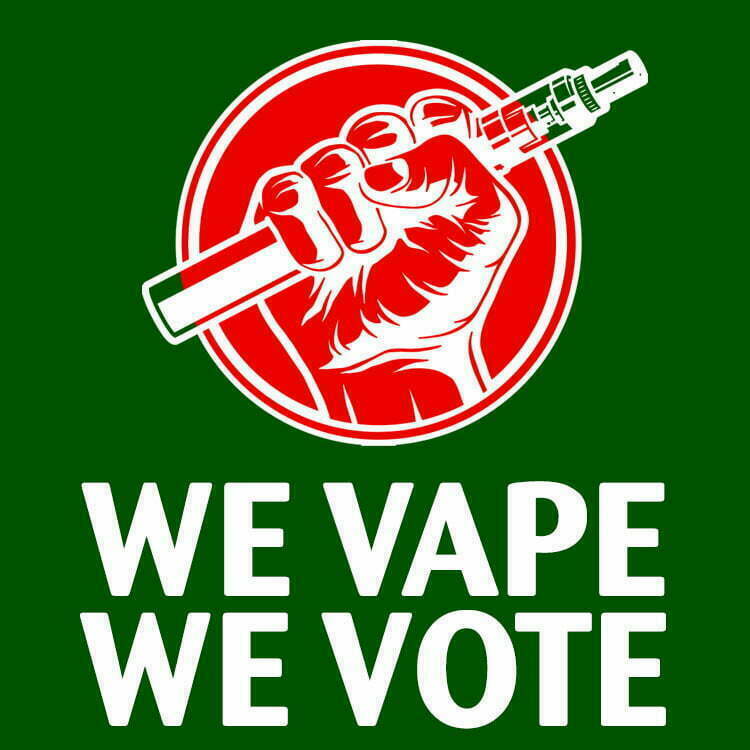No products in the cart.
Bangladesh to ban vape – a misleading case

Owing to the health issues of teen addiction to nicotine products, initiation has begun to ban e-cigarettes and vaporizers across the globe. Bangladesh set motion to follow suit.
“We are actively working to impose a ban on the production, import and sale of e-cigarettes and all vaping tobaccos to prevent health risks,” said Mr. Shaikh Yusuf Harun, Secretary at the Health Education and Family Welfare Division of the Ministry of Health and Family Welfare, Bangladesh. He added that the ban would be incorporated in the tobacco control policy, 2019, being drawn up, and thereafter, it would be presented at the parliament for its approval. The ministry also reminded about the consideration taken into account regarding the wave of deaths and illness which took place in the USA linked to e-cigarettes.
The United States Public Health officials have recommended against usage of e-cigarettes after 12 deaths and 805 cases of illness linked with, it had been reported.
By now you must be wondering and asking for answers. Statements such as above are being publicized by the media in Bangladesh along with the Ministry of Health and others in the authoritative figure. The question remains as to the validation of such a statement: Did vaping cause illness or deaths?
What the media and Ministry of Health along with all Members of the Parliament who supported the vaping ban in Bangladesh fails to state the “facts”, illness related to vaping in the USA is not linked to e-cigarettes. The illness in the USA, in fact, were found to have been linked to black-market THC products which is not a nicotine product or e-cigarettes. The Bangladesh media outlets should have done their due diligence before providing misleading and false information to the people.
India, the neighboring state, having the second-largest population in terms of ‘adult smokers’ in the world, has also banned the sale of e-cigarettes in October 2019, as it received the signal of a ‘vaping epidemic’ among its young people. Bangladesh, on the other hand, is swarming with e-cigarettes and it is available everywhere – from small street corner shops to e-commerce sites.
According to the data available from Euromonitor International, the global market of e-cigarettes was worth $15.57 Billion in 2018 and it is projected to be more than double i.e. approximately $40 Billion by 2023. But the data may get a big jolt by end of 2021-2022, if the call from Bangladesh lobbyists for the inclusion of vapes in the current Tobacco Law of the country takes place. They believe in sharp, stern, and strong actions to be implemented in order to achieve the set target of ‘Tobacco-Free Bangladesh’ by the end of 2040.
Bangladesh was the first developing country to sign the WHO Framework Convention on Tobacco Control (WHO FCTC) in 2003. Two years later, in 2005, the government had passed the Tobacco Products (Control) Act 2005, which was revised and amended in 2013. Although promised in 2019 that Bangladesh would follow the footsteps of India of prohibiting the sale and use of vaping products and other electronic cigarettes and the ban was to be incorporated in the new Tobacco Control Policy, nothing has worked out so far.
Tobacco Law
The Grant Manager of ‘Campaign for Tobacco-Free Kids’, Mr. Abdus Salam Miah, pointed out that while the existing tobacco control laws were mostly compatible with the FCTC, there are still some inadequacies and that specific regulation are required for tobacco warnings as well. He said “The law does not say anything about banning emerging tobacco products such as e-cigarettes, a new threat to public health, especially for adolescents and young people”, and added, “As a result illustrated warnings do not draw attention to the small wrappers of bidis and smokeless tobacco products”. Likewise, The Dhaka Ahsania Mission had echoed that there are several impediments in the existing law that hinder tobacco control in the country. They argued that the current law allows smoking in public spaces such as in certain restaurants and even on public transport. They added that displaying graphics and posters of tobacco products at outlets should be banned and put forth an idea of banning the sale of a single cigarette.
A positive note
There is, however, a silver lining in the cloud. With all inadequacies or impediments in the law of the State, it is imperative and vital to mention that there had been a substantial decrease in smoking rates. The surveys that were conducted by GATS (Global Adult Tobacco Survey) in 2009 and were repeated in 2017 – had indicated that the Local Adult Smoking Rate had decreased from 43.3% in 2009 to 35.30% in 2017.
What should Bangladesh do
It would be wise to look at the Bangladesh black-market vaping products and ban such products. The vaping products being sold in the “new market” area of Dhaka are mostly targeted towards teenagers with counterfeit vaping products that surely will cause illness. Law enforcement should begin by first eliminating such products to be sold to underage people. The government should reduce the customs duty tax and create a more friendly and economical alternative so that those who decide to switch from smoking to vaping do so at their own will. Bangladesh government should establish a licensing system for tobacco products which includes vaping products, this will eliminate the black market and create a thriving business with legitimate vaping products and profitable tax collection for the government. Adult smokers who decide to switch to vaping and eventually quit altogether can do so. If Bangladesh truly wants a tobacco-free country by the end of 2040, this should be the process.
What is your thought on this? Share with us by commenting below.